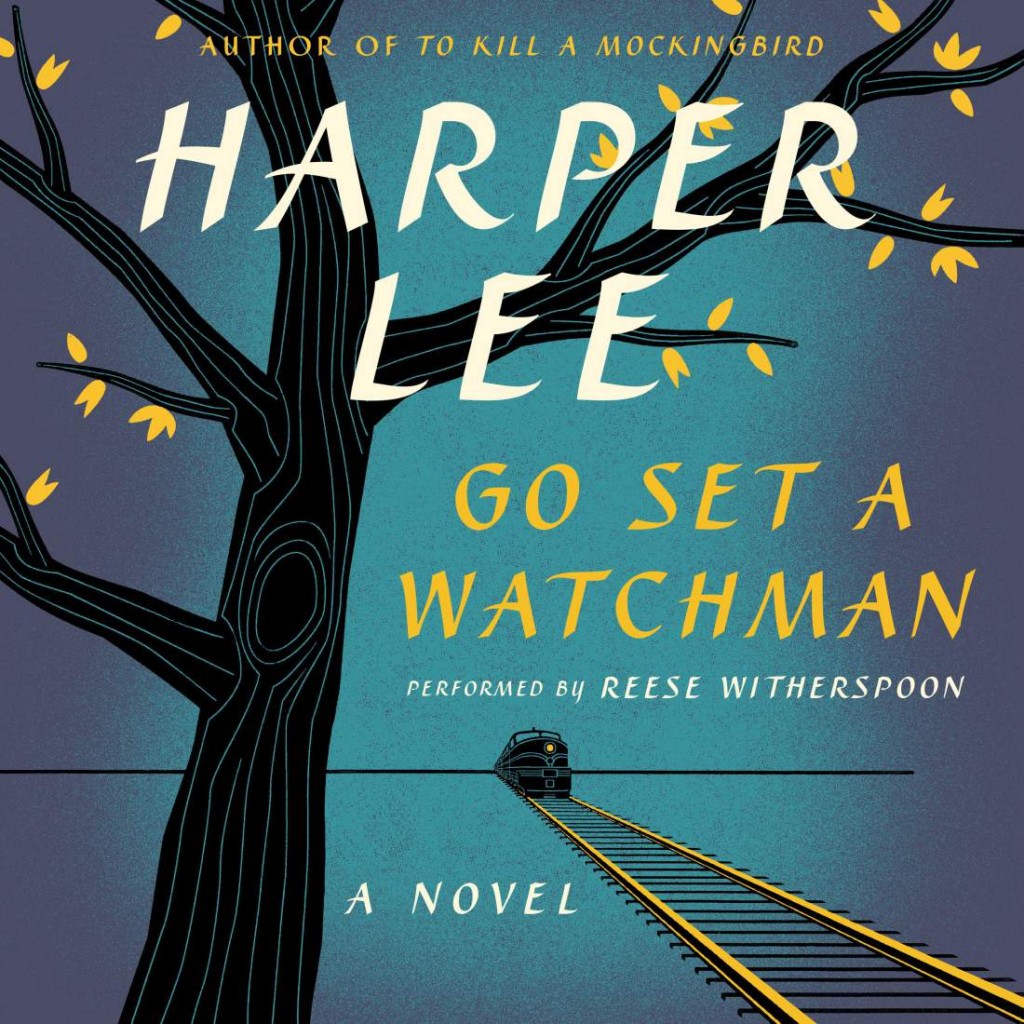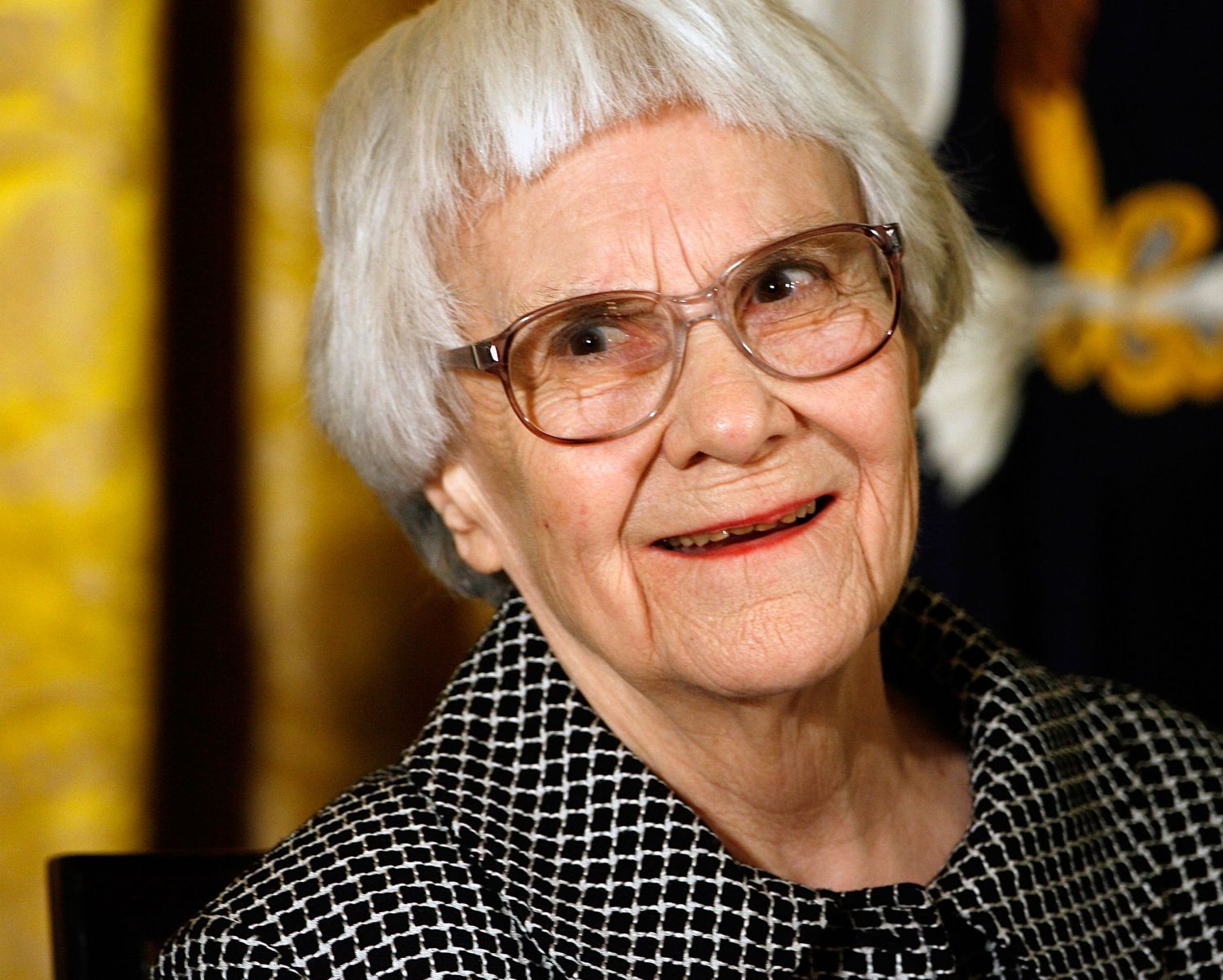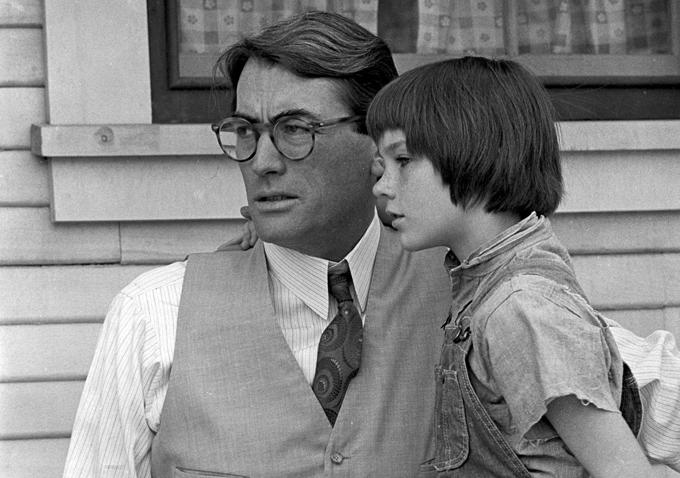The first reviews of Go Set A Watchman, Harper Lee’s newly minted follow-up to one of the 20th century’s great novels, To Kill A Mockingbird have hit the internet, and they are, without an exception, shocking.
Lee completed Go Set a Watchman 60 years ago, before To Kill a Mockingbird, so the author was careful not to describe it as a “sequel”. Some reports said Lee submitted Go Set a Watchman to her publishers in 1957 and was asked to rewrite it into what became To Kill a Mockingbird. Her United States publisher Harper Collins said Lee wanted the novel published now unchanged from how it was originally written.
Much of the focus in the reviews was on the dramatic change of heart previously lauded moral champion Atticus Finch underwent on the question of race. New York Times critic Michiko Kakutani wrote that she was shocked to learn that “Atticus is a racist who once attended a Klan meeting, who says things like ‘the Negroes down here are still in their childhood as a people.’”
Kakutani notes that in Mockingbird, Atticus was presented as the most potent moral force in the lives of his children. In Ms. Lee’s new book, she writes, he is painted as “the source of grievous pain and disillusionment for the 26-year-old Scout (or Jean Louise, as she’s now known.)”
It’s a point that seems to have stuck in the craw of reviewers. “The depiction of Atticus in Watchman makes for disturbing reading, and for Mockingbird fans, it’s especially disorienting,” adds Kakutani.
For what it is worth, Kakutani gives Lee credit for some consistency: both books are empathetic. But “Mockingbird suggested that we should have compassion for outsiders like Boo and Tom Robinson, while Watchman asks us to have understanding for a bigot named Atticus.”
Sam Sacks, literary critic for The Wall Street Journal, describes the new book as “a distressing book, one that delivers a startling rebuttal to the shining idealism of ‘To Kill a Mockingbird.’ This story is of the toppling of idols; its major theme is disillusion.”
Later in his review, Sacks notes that the new book “contains the familiar pleasure of Ms. Lee’s writing—the easy, drawling rhythms, the flashes of insouciant humor, the love of anecdote.” He notes that “Watchman” doesn’t have a set piece to equal the trial of Tom Robinson in “Mockingbird,” but he observes that “the blight of racial strife is still the heart of the story.”
He adds that for the many fans of “Mockingbird,” the new book will be a “test of their tolerance and capacity for forgiveness.”
The book reviewer for Time.com, Daniel D’Addario, was upset the novel, calling it “painful” and “alienating from the very start”. At a time race seemed to have played a role in current “absence of justice” in the United States “[Watchman] seems somehow too much. We need heroes in our fiction, at least.”
But D’Addario, perhaps kindly, saw Lee’s first draft as being about the “loss of innocence … a song of experience”.
Jocelyn McClurg, the reviewer for USA Today, gives the book two stars out of four, and writes, “Is it a great or even very good novel? No. Does it have its charms? Definitely. It’s also a time capsule of a troubled time in the South, as desegregation looms in the wake of Supreme Court rulings.”
Ms. McClurg finds that “it’s troubling to see the great, saintly Atticus diminished.” However, she adds that the book will be of much interest to future biographers before concluding, “There will be great debate, now and for years to come, if the book should have been published. And many will say, ‘No.’ Now you can decide.”





